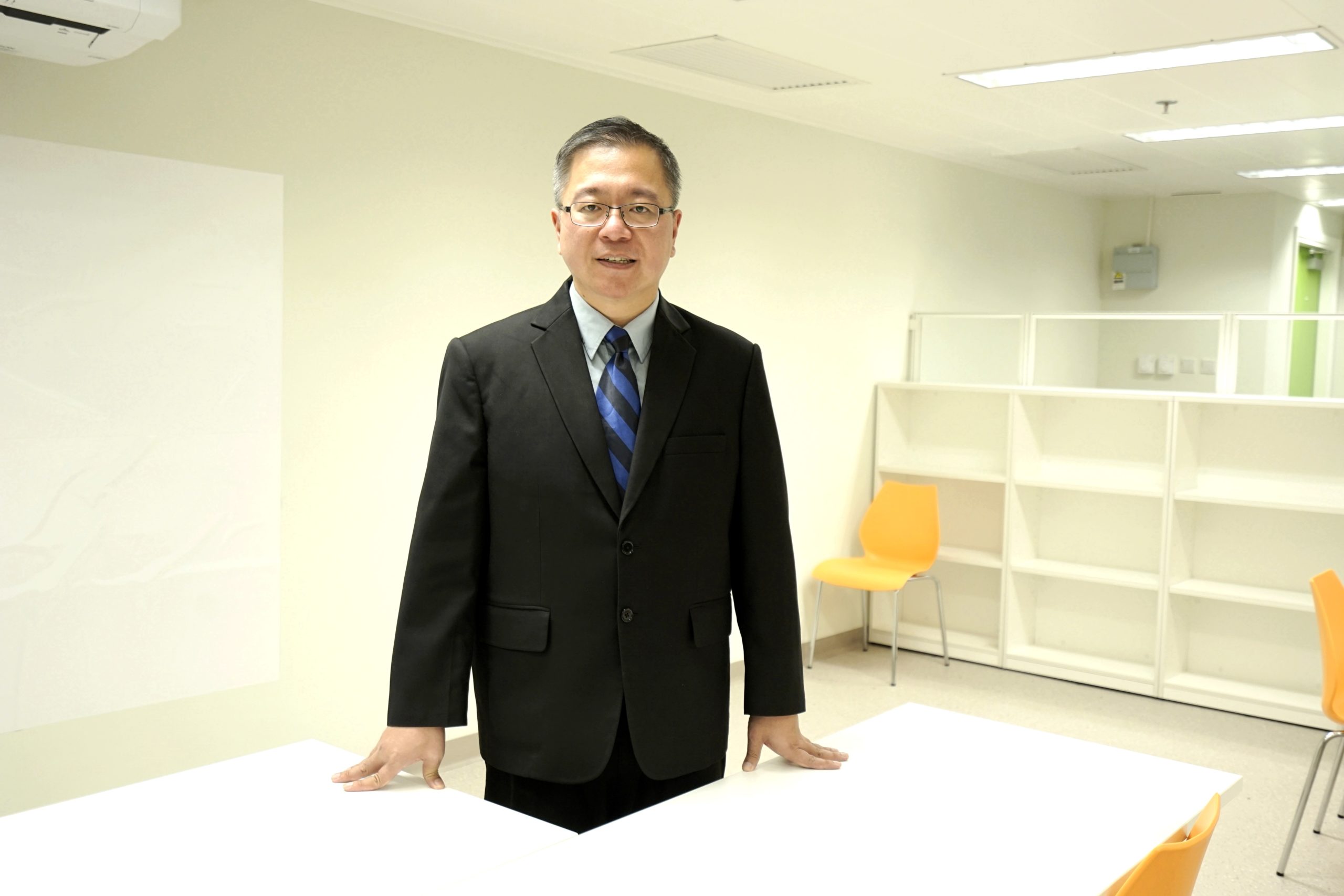Project title: Preparing for the launching of Esports: An interdisciplinary and holistic perspective in prevention of teenage gaming addiction problem based on Bronfenbrenner’s Bioecological model in the era of Esports
Funding Scheme: Institutional Development Scheme (IDS) – Collaborative Research Grant, Competitive Research Funding Schemes (CRFS) for the Local Self-financing Degree Sector
Funding awarded: HK$4,260,000
Funding period: 36 months
Project Coordinator:
Dr. FU Wai (Associate Professor, Department of Counselling & psychology)
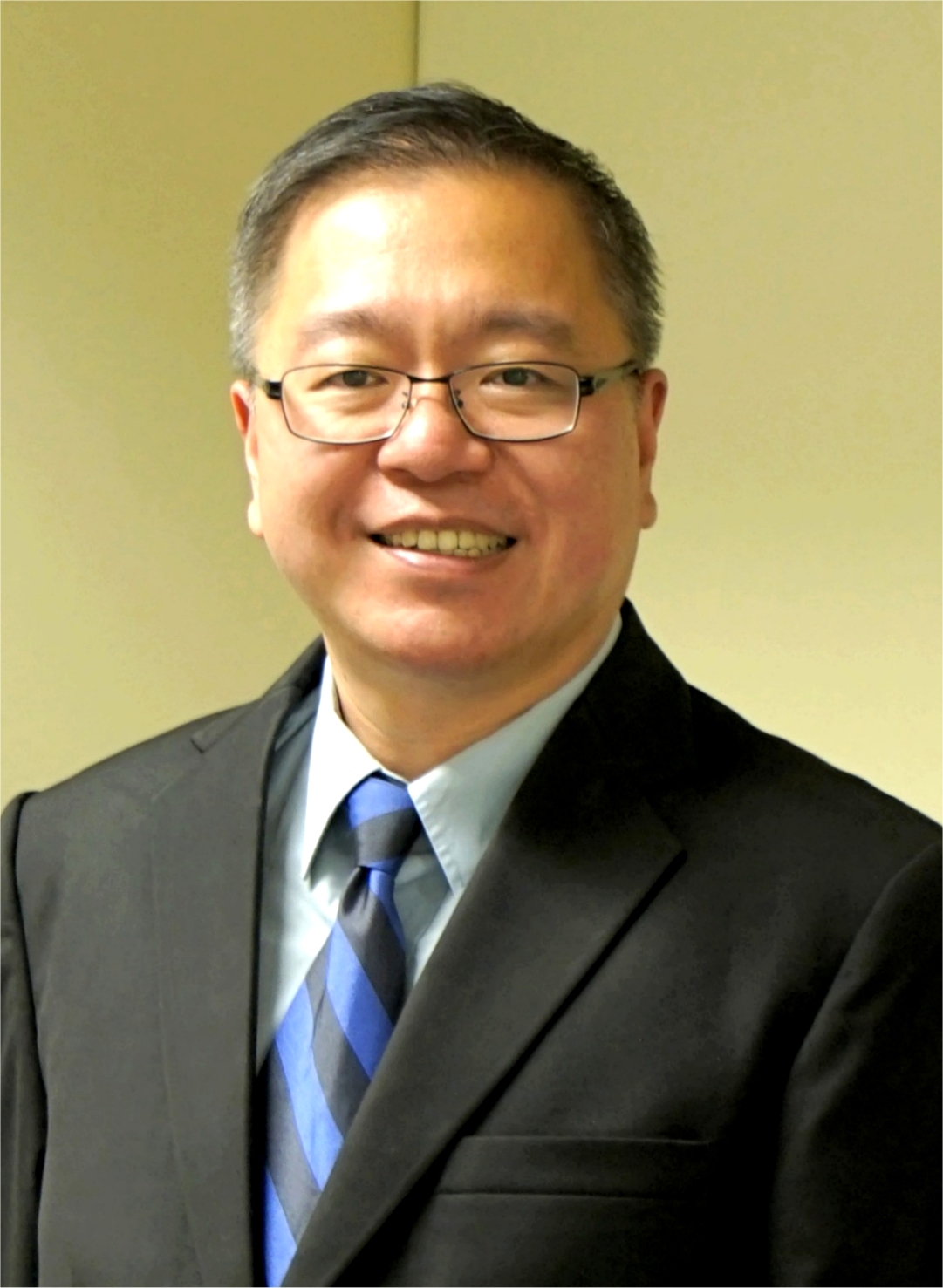
Co-Principal Investigators:
Dr. LI Wang-on (Head, Department of Counselling & psychology)
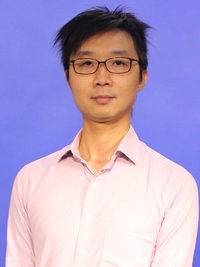
Dr. WONG Margaret Fung-yee (Head, Department of Social Work)

Dr. CHOW Tak-sang (Assistant Professor, Department of Counselling & psychology)

Dr. NG Chi-ho (Assistant Academic Vice President, Assistant Professor, Department of Business Administration)
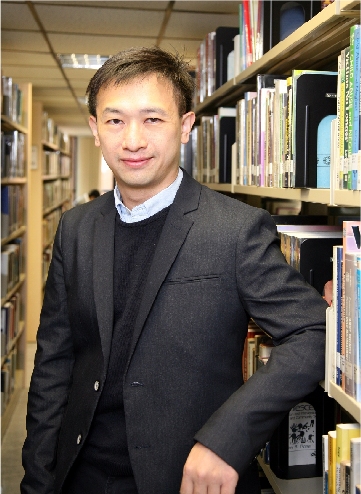
Dr. LAM Gigi (Assistant Professor, Department of Sociology)

Dr. TSANG Chung-kin (Lecturer, Department of Sociology)
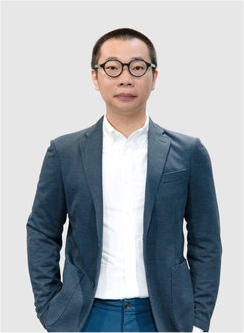
Dr. YUEN Man-ching (Assistant Professor, Department of Journalism and Communication)
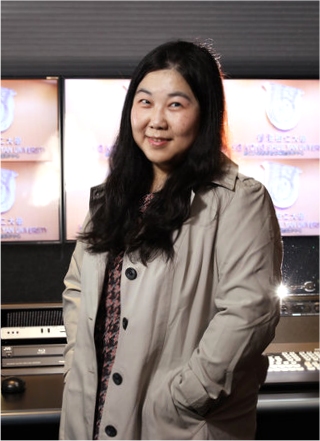
According to Dr. FU Wai, Project Coordinator and Associate Professor of the Department of Counselling & psychology, this research project aims at investigating the possibility of employing the U. S. psychologist Urie Bronfenbrenner’s bioecological model for the holistic analysis of gaming addiction and the development of a prevention programme in the context of burgeoning e-sports culture, supported by the massive promotion of e-entertainment and e-gaming entrepreneurs and the influence of a newly-evolved community of Key-Opinion Leaders (KOL).
Dr. FU says existing models for gaming addiction fall into three main categories. One includes Kimberly Young’s model for Internet Addiction, focuses on personal aspects such as a preoccupation with the internet, loss of control, a resistance to cutting down on internet use, the jeopardizing or risking the loss of important aspects in life and using virtual reality as a form of escapism. The second one includes Mark Griffiths’ model that aims at providing a more specific diagnosis of gaming addiction that makes a distinction between professional involvement in e-sports. The third is the current diagnostic criteria for Gaming Disorder and Hazardous Gaming from the World Health Organization 11th Revision of the International Classification of Diseases (ICD-11).
Adopts the holistic bioecological model
This study wants to extend the scope of analysis by adopting the holistic bioecological model that emphasizes the need for ground work that analyses the interaction between various levels including: (1) the micro-level, including neurological, physiological and motivational aspects; (2) the meso- level, it mainly focuses on those who are in direct contact with the subject, for example, family, school and service providers; (3) the exo-level, refers to stakeholders that are not directly related to the subject, but are exerting an indirect influence on them, for example, stakeholders in e-entertainment, e-gaming and e-sports; (4) the macro-level, which is more concerned with policy and culture from a geographical perspective; (5) the chrono-level, that is concerned with historical-cultural changes over time.
“By analyzing e-gaming and e-sports according to Bronfenbrenner’s bioecological model, a holistic intervention programme that integrates intervention at various levels could be developed.” Dr. FU said.
According to Dr. FU, this project started from a chat in a coffee meeting convened by Professor Selina CHAN, Associate Academic Vice President (University Research) in the end of May and early June last year. Participants came from different departments and disciplines but were interested in the issue of e-gaming.
After several discussions, they got a fairly concrete idea on how to develop a unique research proposal. Since Dr. FU had already done some research on gaming and gambling, he was elected as the project coordinator and coordinated the proposal writing.
According to Dr. FU, team members from the Department of Counselling & psychology will focus on the neurological, physiological and motivational impacts of e-gaming addition. Member from the Department of Social Work will look into the aspects of early identification, counselling services, etc. Members from the Department of Sociology will focus on policy and cultural developments, locally and internationally, of e-gaming and e-sport. Member from the Department of Business Administration will explore the marketing, sales and other business activities of the e-gaming and e-sport industry. While member from the Department of Journalism and Communication will focus on data analysis.
This study is divided into three phases, namely the Problem Identification Phase, the Programme Development Phase and Implementation-Evaluation Phase.
In the Problem Identification Phase, there will be meta-analysis of existing literature on gaming, e-gaming, e-entertainment, e-sports, internet addiction, internet gaming addiction, and prevention; and experiments on micro-level variables including in the neurological, physiological and motivational domains.
In the Programme Development Phase, members of the research team will interview various stakeholders related to the meso-, exo-, and marco-levels, and discourse analysis will be conducted on the macro- and chrono-level.
Design preventive programmes for e-gaming addiction
In the Implementation-Evaluation Phase, the team will provide preventive programmes for e-gaming addiction for 18 secondary schools (one in every district) and evaluate the impact, and will develop a sustainable knowledge platform that allows the uploading of articles, sharing of the experiences and results of the preventive programmes, announcement of events, downloading of material, and provides a forum for discussion.
“Output from the project, including best practices, toolboxes and assessment protocols, will be available to researchers, practitioners and the general public to promote the culture necessary for the prevention of gaming addiction in the context of a burgeoning e-sports phenomenon in Hong Kong.” Dr. FU said.
Source: November 2020 Issue
